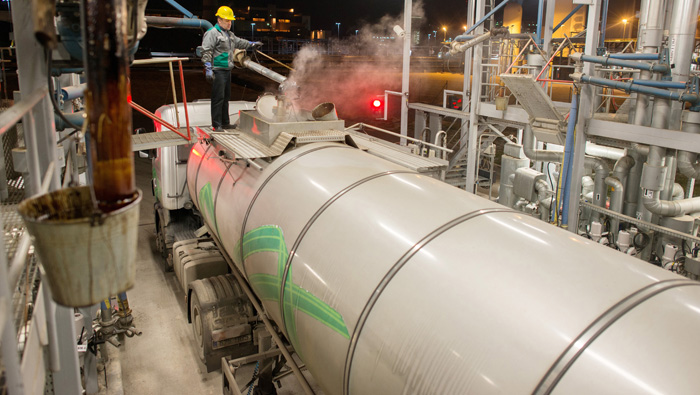
Baghdad: Iraq, Organisation of Petroleum Exporting Countries’ (Opec) second-biggest producer, will offer proposals this month to help the producer group reach an agreement on an output freeze to shore up prices.
Details of the proposals were not provided in an e-mailed statement from the Iraq Oil Ministry on Monday. The nation’s ‘legitimate demands’ shouldn’t be considered as obstacles to reaching an accord, Oil Minister Jabbar Al Luaibi said in the statement.
Iraq has sought an exemption from joining any production cuts, arguing that its fight against IS justifies special treatment. The Opec agreed in September in Algiers to cut their collective output to 32.5 million to 33 million barrels a day. While quotas will be decided at Opec’s November 30 meeting, Libya, Nigeria, Iran and Iraq have said they should be exempt.
"Iraq’s legitimate demands should not be perceived as an obstacle to reaching a new agreement to freeze production,” Al Luaibi said in the statement. Iraq looks forward to "reaching a fair agreement that would take into consideration everyone’s interests and that puts an end to the glut.”
Market share
Oil prices have dropped more than 50 per cent since mid 2014 as Opec led by its biggest producer Saudi Arabia opted to keep pumping more oil to protect market share. Saudi Arabia’s Energy and Industry Minister Khalid Al Falih, Russian President Vladimir Putin and Iranian Oil Minister Bijan Namdar Zanganeh have all been positive in recent days about Opec reaching an accord in Vienna. Brent crude climbed 1 percent to $47.34 a barrel in London.
Iraq will take "new proposals and ideas” to Opec this month to help members reach an accord, Al Luaibi said in the statement. An agreement will "help achieve the common objectives of the producers, including market stability and shoring up prices to acceptable levels.”
Iraq, Iran, Libya and Nigeria accounted for about 30 per cent of Opec’s output in October, according to data. If they are exempt, Saudi Arabia, the United Arab Emirates, Kuwait and Venezuela would be the biggest producers left to make the cuts.